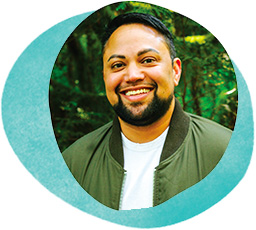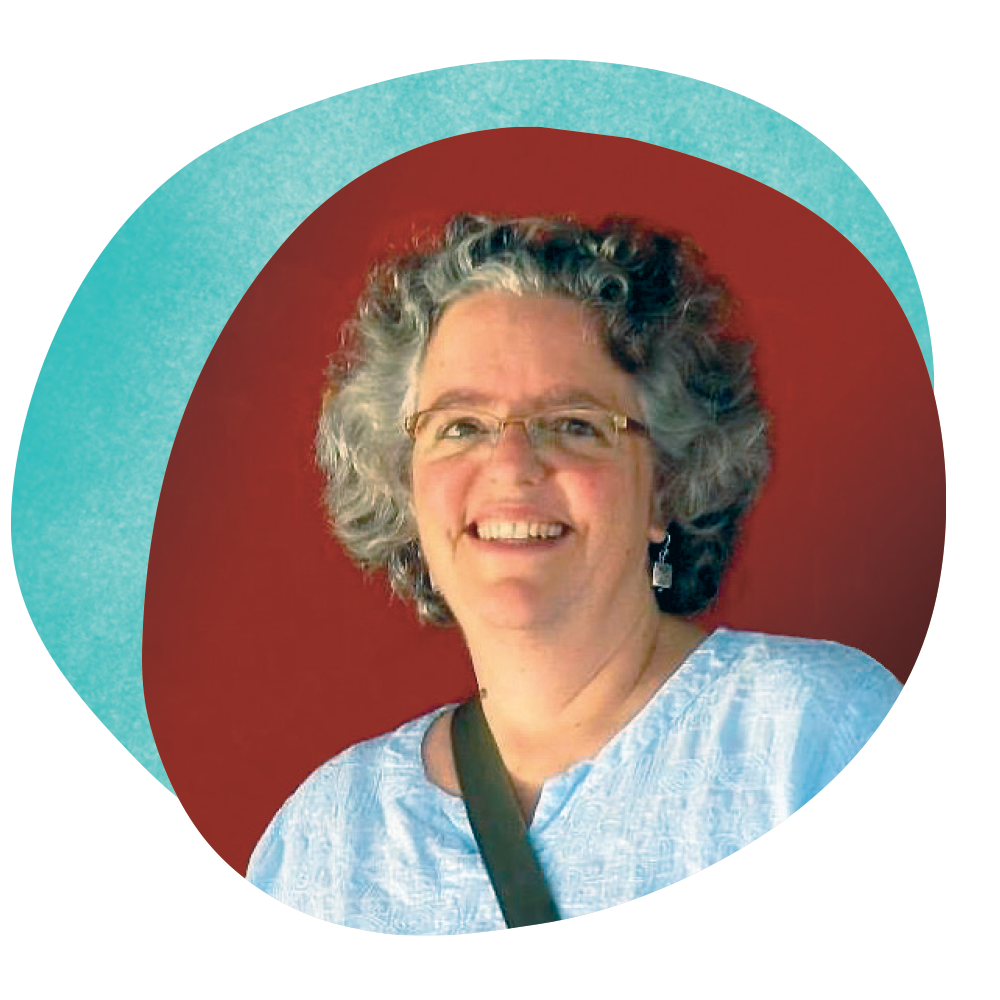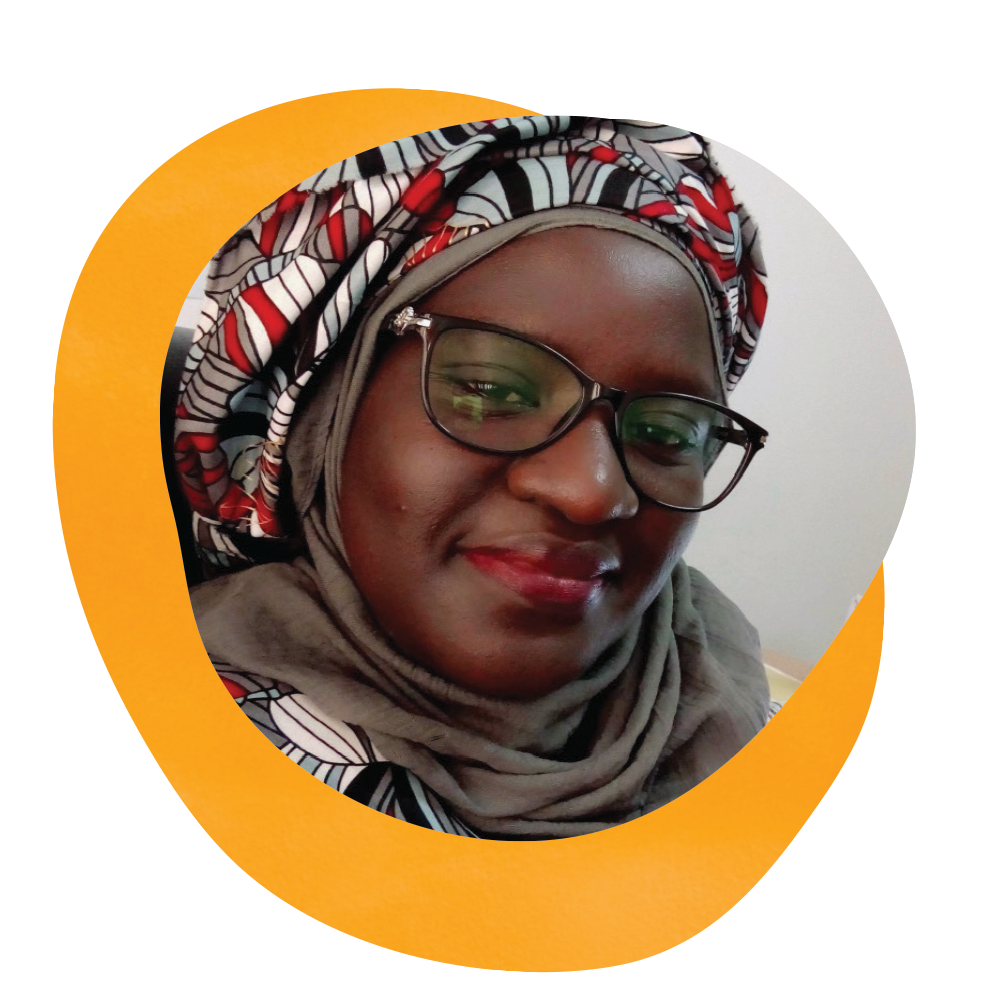Zakir McKenzie-Parpia
Zakir McKenzie-Parpia | Member

How do you have meaningful conversations about topics like wealth and capitalism with people who don’t share your viewpoints? For Zakir (Zak) McKenzie-Parpia, this isn’t an academic question. It’s deeply personal.
He knew the abuses of corporate power ran counter to his family’s values, but it wasn’t easy to talk about it without running into hardened positions from his parents, who built their wealth after immigrating to the U.S. “What are the conversations that we can be having with business people who are really committed to capitalism but aren’t committed to some of the more toxic, exploitative elements of it?” he had been asking.
Giving Circle combines learning and action
When Zak came across an invitation to join Corporate Accountability’s Giving Circle, he was interested in how he could strengthen these conversations. “I’m a really big fan of the giving circle model. It’s an important element of base building,” he says. “I appreciate the real intention behind the combination of learning and putting it into practice to have conversations with people.” In the Giving Circle, members come together to learn about corporate power, the movement to hold them accountable, our specific campaigns, and the work of our allies. Then, they fundraise from their networks to support the broader movement’s work.
Zak noted that “in particular, it was helpful to have conversations about global exploitation and human rights. I really appreciated learning more about what’s happening in the Global South and being able to talk about how U.S.-based corporations are doing so much harm in countries where our family and close friends live.”
He’s now having conversations about alternatives to corporate power and privatization. “What does it look like to invest in government infrastructures? There are so many stories as a culture we have internalized about how we have to protect ourselves from the government, versus the government being there to protect us. It’s important to really paint the picture that the government is not always the enemy. It’s important to look at countries that have invested in that infrastructure and at all that we benefit from when infrastructures are actually invested in.”
Not only is Zak using the knowledge and skills he built in the Giving Circle to have conversations with his family, he’s also excited to apply them to his work with youth workers at the nonprofit California School-Age Consortium. As part of creating civic engagement and leadership development programs, he sees the importance of helping young people examine corporate power and economic systems in the same way so that they can examine other systemic oppression like racism. “So much is at stake in this moment for their future,” he says. And he sees that for this generation, accepting capitalism, as he did, is not necessarily a given. “What gives me a little bit of hope is that there’s a next generation who won’t accept grind culture as their norm. And that they can extrapolate from there to better understand what’s happening on a global level.”
Explore:
Member profile
Member power: Erika Leaf
A few years ago, Erika Leaf’s adult daughter asked her to double down on her giving to address the climate crisis. The future “looked like a hellscape to her,” says Erika. And she wanted her mother to be part of mitigating this crisis through her giving.
Read moreAlly profile
Fatou Diouf: Water justice organizer
For Fatou Diouf, who lives under a privatized water system in Dakar, Senegal, the human right to water isn’t just about having enough water to drink. Water also plays an integral role in bringing communities together.
Read more



